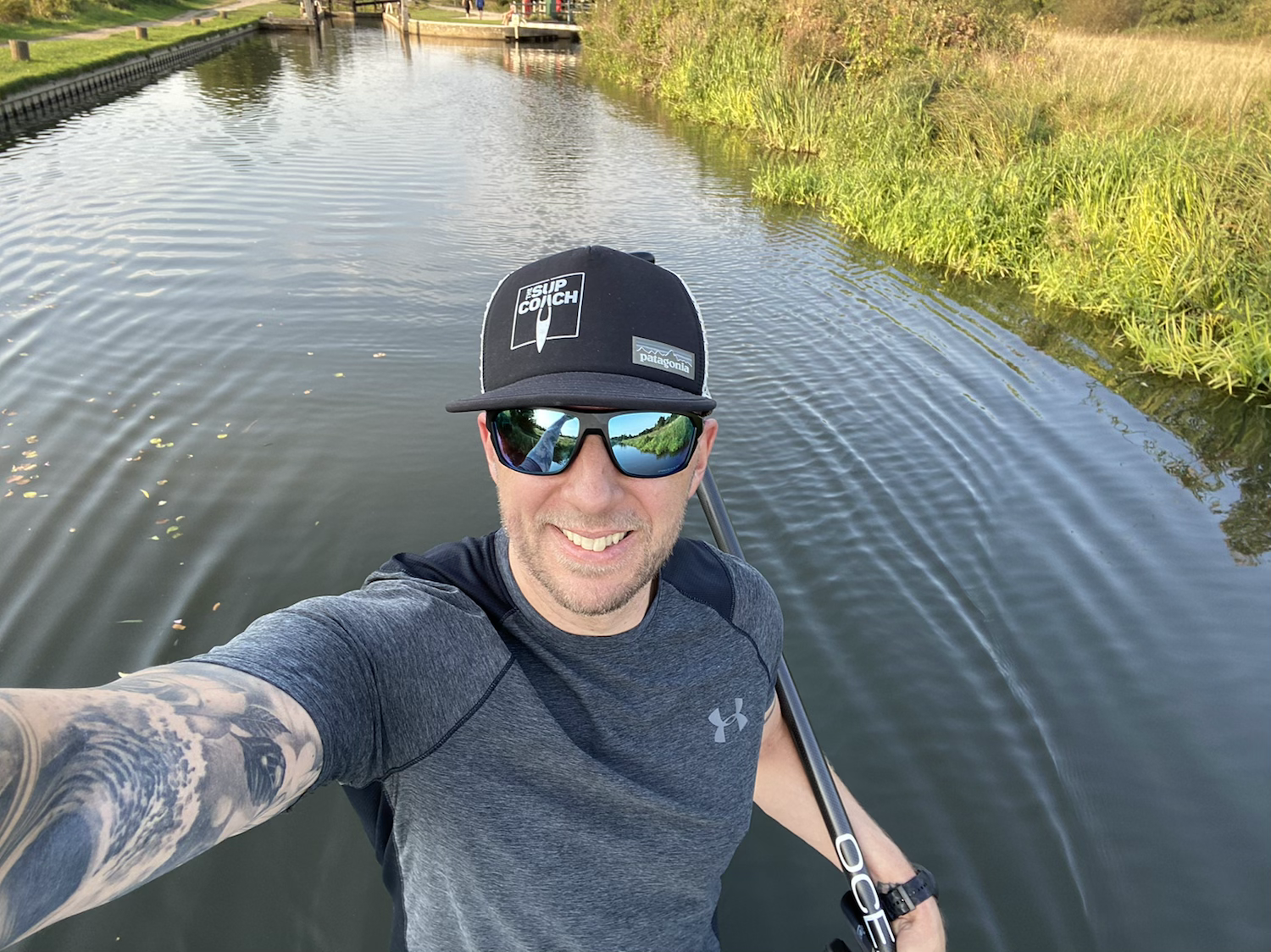Norfolk Broads Ultra 2021
- Craig Sawyer

- Jul 24, 2021
- 4 min read
Following the postponement of the Yukon 1000 to Summer 2022, I wanted to use the opportunity of the extra year of training to get involved in Ultra SUP racing here in the UK. I saw it as a good way to see how my fitness would hold up, test some kit and work on my nutrition strategies.
The first ultra race of the 2021 UK Calendar was the Broads Ultra, a 72km race in Norfolk in July. I'd raced on the Broads earlier in the year at the Paddle Skedaddle 27km SUP race, so had a good idea on the conditions we could expect.
Weather
First up, the Broads are very flat. What this means is when its windy, there is very little shelter. On the Skedaddle we faced some pretty strong winds that always seem to come head on, no matter which direction we were paddling! The forecast for the Ultra was looking more favourable, with not much wind forecast, but it was going to be very sunny and warm, with a forecast of temperatures reaching the high 20's later in the day. This became a significant consideration when planning my hydration strategy..
Water Conditions
The river ways offer perfect flat water conditions, but being the middle of the Summer river traffic was going to be considerable, and this would result in some choppy conditions as boats overtake and the wash comes back at you from the river banks. Also when the rivers open up to the larger broads, the wind can whip up some chop. But even with these considerations it's essentially a flat water race, and therefore I decided to go with my One Ocean Sport Edge Pro 2.0. You can read more about this board in this post.
Nutrition & Hydration Strategies
I'm a heavy sweater, and lose a lot of sodium, so staying hydrated and getting the electrolytes in was going to be essential. From testing I know I need to drink around 500-750ml of water per hour to stay hydrated (performance starts to suffer once you are 2-3% dehydrated).
I wanted to minimise the amount of time spent stopping at checkpoints to top up water so this meant carrying as much as possible with me from the start. I had 1 litre of water in my back hydration bladder, 2 x 500 ml flasks in the front of my pack and 2 x 1 ltr bottles on my board. This gave me around 5-6 hours of water so I should only needed to top up the 1 litre board bottles later in the race, and these are quick to access without messing around with refuelling bladders. Mixed in with the water were Precision Hydration 1500 electrolytes. I had a sweat test with them back in 2020 and this was the strength I needed to replace the sodium I loose.
Nutrition-wise, I estimated the race would take around 10 hours. Once you start going beyond 4 hours or so some like to start to introduce ‘real’ food to their race nutrition, as long as it’s not going to give GI issues and will deliver the right amount of macronutrients. But it does add additional challenges particularly when on a SUP. Firstly you have to carry it all, and you can’t paddle while you eat as you need your hands. So unless you are quickly dipping into a bag of trail mix you will lose time. I know I'm OK on gels and liquid food for this kind of duration, so I packed a few emergency bits of real food in case I started craving something sweet (Kit Kat chunky!) or salty (honey roast cashew nuts..), a banana and a few trek bars but in the end I kept to the gels and carb drink.
The Race
We were on the water and off at 5:30am. It was a beautiful still morning with a little mist hovering above glass flat water. We had a bit of flow with us for the first 11km and my pace was 8.9km/h as we reached the first turning and checkpoint - totally unsustainable for the full race! But things started to settle down and after the first couple of hours I had worked my way up to third place.
Over the next 20km or so I built up some distance with 4th place behind me but couldn't make any gains on the two ahead. As we approached midday the river was getting busy and the turbulent water and ‘interesting’ boat piloting skills of inexperienced day trippers in hire boats kept me on my toes.
I kept to my strategy of not stopping at any of the checkpoints, and managed to maintain my target goals for fluids and nutrition intake - it’s important to sip and eat little and often rather than stuff yourself and try and down 500ml of water in one go! I finished third overall in a time of 9:48:32.
If you want find out more about nutrition and hydration strategies, both during training and while competing get in touch!




















Commentaires